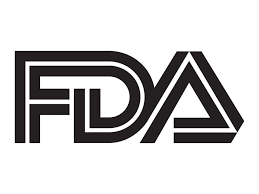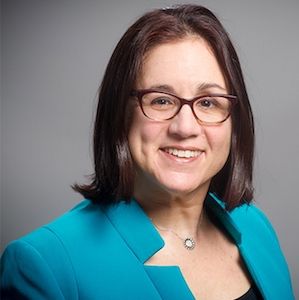Article
FDA Places Partial Hold on Bluebird Bio Sickle Cell Gene Therapy Program
Author(s):
The clinical program has been suspended for patients that are under the age of 18 after an adolescent patient developed persistent anemia.

Bluebird bio announced a partial clinical hold on their sickle cell gene therapy clinical program for patients under 18 years old. The clinical program for lovotibeglogene autotemcel (lovo-cel) gene therapy for sickle cell disease (SCD) was placed on partial hold by the US Food and Drug Administration (FDA) for minors.
The suspension is temporary. An adolescent patient now has persistent, non-transfusion-dependent anemia 18 months after treatment with lovo-cel. Bluebird bio is conducting an ongoing investigation.
There’s no evidence of malignancy or clonal predominance and the patient is doing well clinically.
“The safety of patients treated with our gene therapies is always our top priority,” Richard Colvin, MD, Chief Medical Officer, bluebird bio said in a statement. “Consistent with the FDA’s direction, we have paused enrollment and treatment of patients younger than 18 in our SCD clinical program, and we will continue to work collaboratively with the FDA to understand and address their concerns.”
Bluebird bio plans to continue with follow-up on previously treated patients from HGB-206 and HGB-210 as well as enroll and treat new adult patients with lovo-cel through study HGB-210.
The company will work quickly to respond to the FDA’s written questions that are anticipated in early 2022 in hopes of resolving the partial hold as soon as possible. Bluebird bio is evaluating if the partial clinical hold has had any impact on first quarter 2023 projected timing for the lovo-cel biologics license application (BLA) submission.
All patients in HGB-206 Group C, who will form the primary basis of efficacy for approval, have been treated with the demonstration of analytical comparability and validation of the company’s manufacturing process as the key remaining actions prior to submission of the planned biologics license application.
Lovotibeglogene autotemcel, or lovo-cel, gene therapy is being studied as an investigational one-time treatment for sickle cell disease. The method of the treatment is to add functional copies of a modified form of the beta-globin gene (βA-T87Q-globin gene) into a patient’s own hematopoietic stem cells (HSCs).
Then, a patient’s red blood cells can produce anti-sickling hemoglobin (HbAT87Q), reducing the proportion of sickle hemoglobin (HbS). Ideally, the amount of sickled red blood cells decrease and the risk of hemolysis and other complications is lowered.





